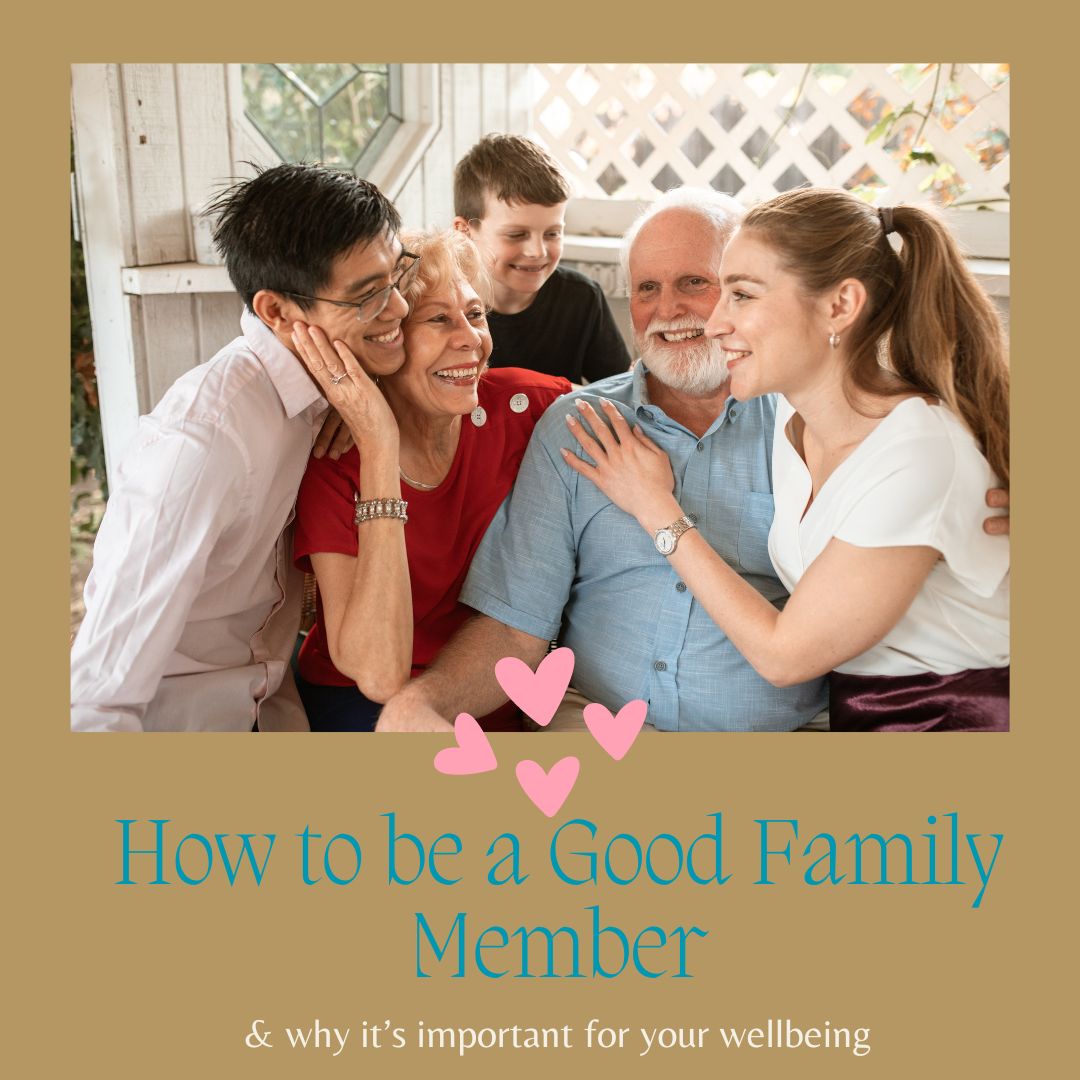
Why Nutrition is Important at Any Age
Many of us know Nutrition is important but in our younger years feel like it’s something we don’t have to

I wasn’t always a good family member. As a young mother, I didn’t know who my authentic self was. Because I didn’t, I often allowed myself to be mistreated & made the wrong decisions for myself and even my kids at times. I put a lot of time, effort and love into being a great mother and my best self but not knowing who I was and being broken down by hurt and failure provided no room for me to be the healthiest I could be. I was indoctrinated in early childhood, setup to fail by having others’ expectations and paths being projected onto me. But then, I broke free and Reclaimed My Life!
In my upcoming book, “Love Me Now,” I talk about how we’re all indoctrinated and affected by our early influencers. Your parents play a huge role but they are accompanied by siblings, church members, teachers, close friends and anyone else you looked to as an authoritative or impressionable person in your life. There’s no one to blame at this point because it’s been a cycle for years we’ve all been accustomed to. It did leave me searching to be loved when all along, I should have been looking within and to God.
The negative and positive effects cling to us through our adulthood dictating many decisions and relationships along the way.
Rachel E. Smith
The negative effects from the first years of your life are hard to dismiss and heal from without first recognizing and then addressing it appropriately. If you’re isolated and kept from experiencing others and new ways beyond your own life, you often cannot recognize the toxicity you deemed as “normal”. So how do you determine which category you fall in? what qualities make a good or toxic family member, why it matters and how can you use this information to live a healthier and happier existence?
Many don’t realize they’ve been living in toxicity until they experience something different. This is why it’s crucial to branch out from what and who you know. It’s one of the top benefits I see when children go outside of their town to college. It keeps you in touch with the world instead of bound in your own head & isolation.
When you step outside your comfort zones to experience something different, you often start recognizing the major cracks that have surrounded you for years. Seeing how your upbringing may have stunted you, it’s time to take action and make those corrections as you take on life, relationships and the path meant for you.
I do want to make it clear that just because someone close to you doesn’t have all the good qualities or has a few of the toxic qualities doesn’t mean they should be condemned and labeled. We all have weaknesses and strengths, positives and negatives about us. We’re human. So, be kind and show the same amount of grace you would want offered to you.
Relationships are a part of who you are. You were created for it. There’s no running from it. Those who run end up lonely and substituting a real and healthy relationship for other harmful vices and happiness, which is a dangerous game to play.
Your families are the foundation because during your most impressionable years while you were forming & molding at an exponential rate in all areas, they were the ones you spent the most time, communicated and were shaped by rules and other expectations. When you figure out what type of family you grew up in, you can determine where you stand and why. Here’s a Free list to guide you from week 1 of my Reclaim Your Life Course to help get you started.
Everyone doesn’t come from good families, so, you may not be able to go back and mend yours if others aren’t willing but you can re-discover your authentic self and rid yourself of any toxic behaviors you picked up early on. You can only change you, and when you reclaim the life meant for you, the happiness and success that follows are unexplainable.
The most important family relational elements are emotional intelligence and communication. These two items alone can determine how well you will do in your job, as a parent, finding a healthy partner and more.
As it states by The Cleveland Clinic emotional intelligence is an important skill. A big piece to the puzzle is figuring out if emotions were accepted in your home? Was it a safe place to feel your emotion or were you taught to be tough and that having emotions was somehow a disruption to the family and success? The common misconception is that feeling your emotions is a problem, but it’s actually healthy. Healthy ways to express your feelings should’ve been taught. Two important skills created by emotional intelligence are the ability to be empathetic and to stay grounded in any situation.
The other part is communication. Did you feel comfortable communicating your emotions, sharing a problem to get help finding a solution, have fun and tough conversations? Articulating your thoughts and feelings come from first being comfortable doing so.
The bottom line is, if you’re not authentic to yourself, you will not be on your correct path. This means you will ultimately not be happy or fulfilled and it will bleed onto those around you. You deserve happiness and success. It was meant for you. You just need to start by taking action which is why I want to help you with the first step by providing this free offer. Upon getting the Free Workbook & Worksheet, I will even send you an invite to my Private FB Community of others on their journey to authenticity or with some who have already rediscovered themselves. People who take my course get me live once a week to help them through the journey and course, to listen and have a Q&A session but the Facebook group is another way to interact with me and others for motivation, encouragement and support for Free. I hope to see you there!

Many of us know Nutrition is important but in our younger years feel like it’s something we don’t have to

You’ve clicked on the bait about making fast cash with a side hustle only to be disappointed with a class